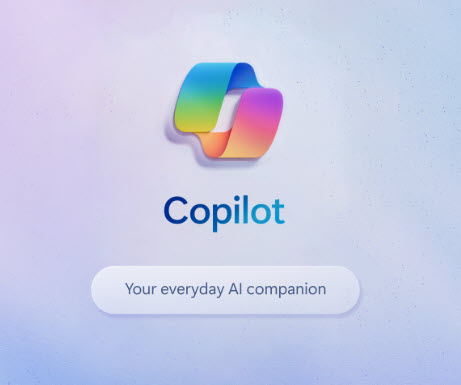Microsoft has released guidance on how best to integrate Copilot within a knowledge management program.
Artificial intelligence (AI) is rapidly changing the customer service landscape, providing new capabilities to boost agent productivity and enhance customer experiences. Dynamics 365 Customer Service now enables the use of generative AI through Microsoft’s Copilot feature to help agents work more efficiently. However, realizing the benefits of AI-assisted customer service requires thoughtful planning and governance around your knowledge management strategy.
Defining a Clear Business Case
The first step is outlining a solid business case tailored to your organization’s specific customer service goals across business units. Consult with key stakeholders to capture diverse content needs and map common customer issues to existing workflows. Consider a phased rollout approach focused first on groups with a mature knowledge base. This allows time to fine tune governance practices before expanding access more broadly. Document clear use cases tied to productivity objectives, such as reduced case resolution times or lower escalation rates.
Establishing Robust Data Standards
With a strategy in place, strict standards must be set for knowledge content quality and compliance. AI is only as smart as the data it ingests, so ensuring accuracy and relevance of the knowledge base is paramount. Content should use plain, easily understandable language with a clear purpose and target audience. Establish ongoing review processes for authoring, updating and removing articles. Log all content changes to maintain visibility. Store assets in Dataverse to guarantee Copilot accesses the latest versions.
Integrating Human Feedback Loops
AI requires human guidance, so build in mechanisms to continuously gather user feedback on Copilot responses. Set an expiry period prompting content reviews and updates. Monitor helpful response rates to see where improvements may be needed. Provide easy ways for users to report issues, suggest changes and rate Copilot’s citations. This feedback allows you to iterate and enhance both the knowledge base and Copilot’s reliability over time.
Tracking Performance and Impact
Finally, the success of an AI customer service strategy relies on continuously tracking key metrics aligned to business goals. Analytics within Dynamics 365 deliver insights into Copilot’s value add. Custom interaction reports can reveal usage patterns to optimize knowledge management. And metrics like case resolution speed, escalations and cost savings determine bottom line impact. Frequently evaluating analytics, soliciting user feedback and refining governance practices are imperative to maximize AI’s capabilities now and into the future.


